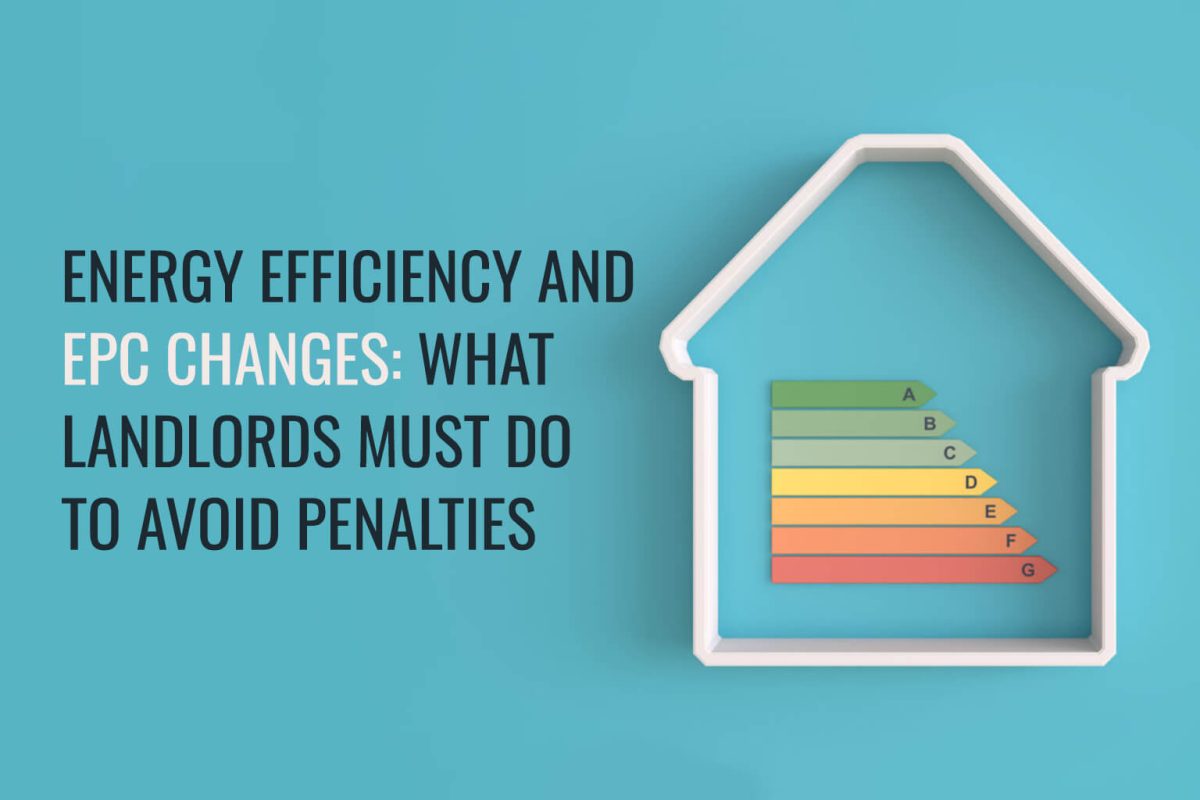The UK Houses in Multiple Occupation (HMO) market has long been a popular choice for property investors, offering higher yields compared to traditional buy-to-let properties. However, with evolving legislation, changing tenant demands, and market trends, investors need to stay ahead to ensure profitability. Here’s what the future holds for the HMO property market in the UK and what investors should consider before expanding their portfolios. 1. Regulatory Changes and Compliance HMOs have been subject to increasing regulations in recent years, with local councils tightening licensing requirements to improve living standards. Landlords must comply with safety regulations, room size requirements, and...
Read MoreCategory: Property Management
First-Time Buyers in Dartford: What You Need to Know Before Purchasing
Introduction Purchasing your first home is an exciting and sometimes daunting experience. The process can feel overwhelming for first-time buyers in Dartford, but with the right guidance, it can also be smooth and rewarding. One of the best ways to ensure a successful purchase is by working with estate agents in Dartford, who can provide essential local market insights, assist with property searches, and guide you through the intricacies of the buying process. In this blog, we will explore some crucial factors that first-time buyers should keep in mind when navigating the Dartford property market. From understanding the local real...
Read MoreLong-Term Success in Property Management: Preparing for Future Health and Safety Requirements
Property management is a dynamic field that constantly evolves to meet the changing needs of tenants, landlords, and regulatory bodies. One area that has seen increased scrutiny in recent years is health and safety. With new legislation and expectations on the horizon, property managers must be proactive in preparing for future health and safety requirements to ensure long-term success. In this blog, we will explore key strategies to help estate agents and property managers in the UK, especially those in areas like Reading, adapt to these future demands. By focusing on the evolving health and safety landscape, you can ensure...
Read MoreThe Future of Property Ownership: Navigating Climate Change Regulations and Sustainability Standards
As the effects of climate change continue to intensify, governments and industries worldwide are increasingly prioritising sustainability. In the UK, the property sector is no exception, with evolving climate change regulations and sustainability standards shaping the future of property ownership. Buyers, sellers, and estate agents in Bishops Stortford and beyond must now consider not only the financial aspects of the property but also how environmental legislation affects property value, energy efficiency, and long-term viability. The Growing Importance of Sustainability in Property Ownership Sustainability is no longer an option but a necessity in modern property ownership. Buyers are increasingly looking for...
Read MorePreparing for Changes: How the Renters’ Reform Bill Will Affect UK Property Investors
The UK rental market is undergoing a transformative period, with the Renters' Reform Bill set to introduce sweeping changes. For property investors, understanding the potential impacts of this legislation is crucial for navigating the evolving landscape. This blog will explore the key elements of the Renters' Reform Bill and how it may affect UK property investors, including those in smaller towns like Macclesfield. We will also discuss how working with estate agents in Macclesfield can help investors stay compliant and adjust their strategies effectively. What is the Renters' Reform Bill? The Renters' Reform Bill, introduced as part of the UK...
Read MoreEnergy Efficiency and EPC Changes: What Landlords Must Do to Avoid Penalties
As sustainability becomes a key concern in property management, energy efficiency is taking centre stage in the UK housing market. One critical aspect of this is the Energy Performance Certificate (EPC), which rates how energy-efficient a building is on a scale from A (most efficient) to G (least efficient). Recent changes to the legislation regarding EPC standards are creating new challenges for landlords, and those who fail to meet these regulations could face penalties. In this blog, we’ll explore the changes to EPC standards, what landlords must do to comply, and the potential penalties for those who don't. We will...
Read MoreAdapting to Future Building Safety Regulations: What Property Developers Need to Know
In recent years, building safety has become a central issue for property developers in the UK, with significant regulatory changes designed to improve the safety of buildings and protect residents. Following the tragic events of the Grenfell Tower fire in 2017, the government has introduced new laws and standards aimed at ensuring the future safety of residential and mixed-use developments. For property developers, adapting to these future building safety regulations is crucial to remain compliant and avoid costly penalties. This guide will help property developers understand what the new regulations entail, how they can prepare for the changes, and why...
Read MoreHow to Avoid Paying Council Tax on an Empty Property
Understanding Council Tax Council tax is a local tax set by the council and applies to all residential properties. The amount depends on your property's value, whether it's a house for sale or an occupied residence. Generally, the more valuable your property, the higher the council tax. Even if a property is unoccupied, owners are usually required to pay council tax. Council Tax on Empty Properties If you own an empty property, council tax is still applicable. However, some councils offer discounts or exemptions for certain circumstances. For instance, properties that have been empty for two years or more might...
Read MoreHow much do Letting Agents Charge to Manage a Property in Edinburgh
Being a landlord is a great self-investment that comes with a lot of responsibility, at least if you are looking for a return on investment. If you wish to have a stress-free renting journey you must brace yourself for tenant complaints, leaks, non-payments and also keep abreast of the letting laws, health and safety requirements. However, if you do not wish to go through this, then passing these responsibilities to a letting agent might be the smart thing to do. But, what is the agent fee for selling property, Edinburgh? Well, property management involves a wide range of services. It...
Read More







